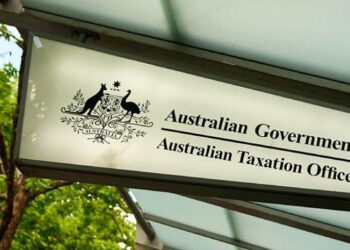Lyn Formica, head of SMSF technical and education services for Heffron, said in the most recent SMSF online clinic that although she is unaware of any payments the CSLR has made to an SMSF as yet, there are a number of considerations for trustees and advisers.
Noting that guidance on how to treat compensation payments, including specifically relating to the CSLR, can be found on the ATO’s website under QC72107, Formica said the key is determining what the compensation is for.
“If it is a reimbursement of adviser fees, and the self-managed superannuation fund had claimed a tax deduction for those fees, then you’d be putting the compensation payment through as assessable income,” she said.
“Alternatively, if it was in relation to a loss of a particular investment or reduction in the value of a particular investment, and if the investment is still held, then you’d be updating the cost base and adding that compensation payment to the cost base of the asset.”
If the asset had already been sold, the fund would need to potentially amend the previous return to indicate there are now additional capital proceeds concerning that particular asset.
“The critical thing here is making sure the self-managed superannuation fund is entitled to that payment,” Formica said.
“This is very similar to the situation from a number of years ago, where banks and financial institutions were making remediation-type of payments through SMSFs because of fees for no service. Just like those payments, when you’ve got a payment under the CSLR you have to work out who is being compensated.”
She added that if it was the individual, not the fund, who had the right to the compensation, and the payment went into an SMSF, it would be classed as a contribution.
“It’s an increase in the capital of the fund provided for the benefit of one of the members, so it’s a contribution, not income of the fund,” she said.
“For older commentary around compensation payments in general, specifically when they’re being received by self-managed superannuation funds, again, the ATO has a great website page – QC59706.”


